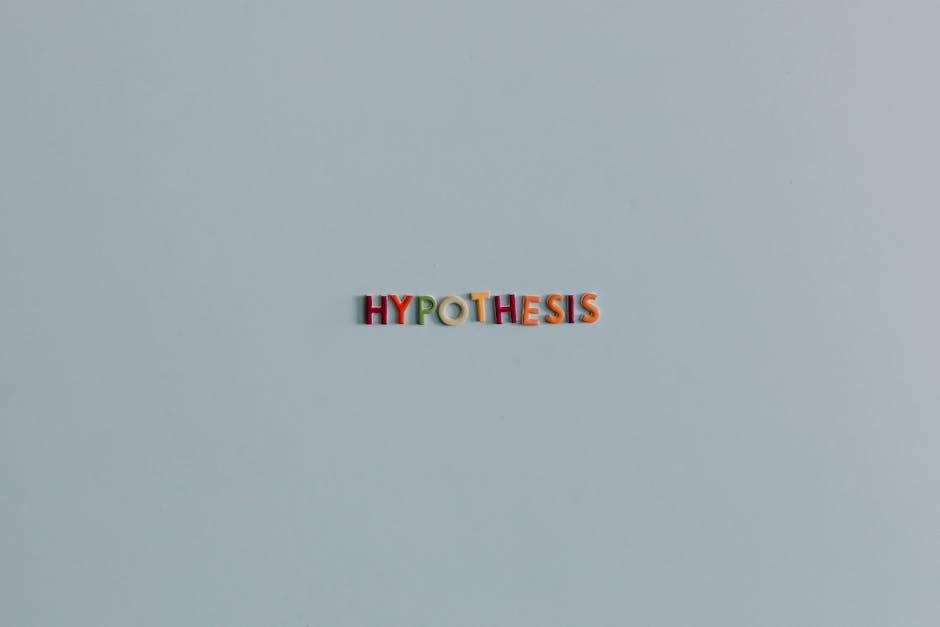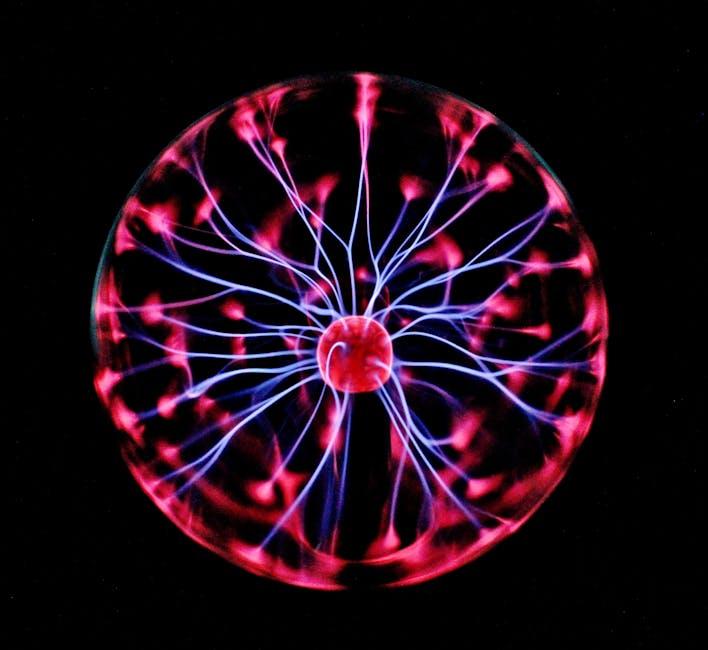In a world teeming with life, the Gaia Hypothesis emerges as a captivating whisper of interconnectedness, weaving a delicate tapestry between the Earth and all its inhabitants. This scientific concept, proposed by James Lovelock in the 1970s, suggests that our planet is a self-regulating organism, where the biosphere and the physical components of the Earth interact to maintain conditions suitable for life. Join us on a journey to explore the mystical dance of Gaia, where the Earth itself is believed to be a living, breathing entity in harmony with every living being.
Table of Contents
- – Understanding the Gaia Hypothesis: Unveiling the Interconnectedness of Our Planet
- – Delving into Gaia’s Feedback Mechanisms: How Earth Maintains its Equilibrium
- – Practical Ways to Support Gaia: Promoting Environmental Stewardship in Everyday Life
- – The Future of Gaia: Exploring Sustainable Solutions for a Harmonious Coexistence
- Q&A
- Closing Remarks

– Understanding the Gaia Hypothesis: Unveiling the Interconnectedness of Our Planet
The Gaia Hypothesis, a fascinating concept that delves into the intricate web of connections shaping our planet, proposes that Earth functions as a self-regulating system, much like a living organism. This hypothesis suggests that Earth’s biota and the environment coevolve, collectively maintaining optimal conditions for life. It highlights the extraordinary balance and interdependence between all living organisms and their surroundings.
Key Points of the Gaia Hypothesis:
- Earth acts as a single, self-regulating system.
- Life on Earth and the environment are interconnected and influence each other.
- The planet’s biota plays a crucial role in regulating and sustaining its conditions.
Implications of the Gaia Hypothesis:
- Emphasizes the importance of preserving biodiversity.
- Encourages a holistic approach to understanding environmental issues.
- Calls for sustainable practices to maintain Earth’s delicate ecological balance.

– Delving into Gaia’s Feedback Mechanisms: How Earth Maintains its Equilibrium
Exploring the intricate web of feedback mechanisms that sustain Earth’s delicate balance reveals a fascinating narrative of interconnectedness. From the rhythmic dance of carbon cycling to the symphony of ocean currents, Gaia’s feedback mechanisms are a testament to the planet’s self-regulating resilience.
**Key elements** contribute to this harmonious equilibrium, such as the **water cycle** ensuring the distribution of vital resources, the **atmospheric feedback loops** moderating temperature fluctuations, and the **biodiversity** acting as the cornerstone of stability. Through these mechanisms, Earth showcases its remarkable ability to adapt, evolve, and thrive amidst a dynamic environment.
– Practical Ways to Support Gaia: Promoting Environmental Stewardship in Everyday Life
Incorporating the principles of the Gaia hypothesis into our daily lives can have a profound impact on environmental conservation. Small actions, when done collectively, can lead to significant positive changes for our planet. One powerful way to support Gaia is by adopting sustainable practices such as reducing plastic usage, composting organic waste, and conserving energy.
Embracing eco-friendly habits like switching to reusable products, supporting local farmers markets, and participating in community clean-up events are simple yet effective ways to contribute to the well-being of our planet. By making conscious choices in our everyday routines, we actively become stewards of the environment, nurturing and preserving the delicate balance of nature for generations to come. Let’s all play our part in promoting environmental stewardship and safeguarding the beauty of Gaia for a sustainable future.
– The Future of Gaia: Exploring Sustainable Solutions for a Harmonious Coexistence
Looking towards the horizon of sustainability, the Gaia hypothesis unveils a realm of possibilities where nature and humanity intertwine in a dance of harmonious coexistence. Embracing the interconnectedness of all living beings, this hypothesis beckons us to reevaluate our relationship with the Earth, fostering a symbiotic bond that nurtures both the planet and its inhabitants. Within this framework, innovative solutions arise, paving the way for a future where balance and respect reign supreme.
In the quest for sustainable harmony, key principles emerge to guide our journey towards a more balanced existence on Gaia. Respect for biodiversity stands as a cornerstone, honoring the rich tapestry of life forms that call our planet home. Promoting renewable energy sources emerges as a vital step towards reducing our ecological footprint, ensuring a cleaner, greener future for generations to come. By embracing regenerative agricultural practices, we sow the seeds for a flourishing planet, where the soil is replenished, and ecosystems thrive. As we navigate the path ahead, the Gaia hypothesis invites us to delve deeper into our connection with the natural world, forging a new era of sustainable prosperity.
Q&A
Q: What is the Gaia Hypothesis all about?
A: The Gaia Hypothesis, formulated by James Lovelock in the 1970s, suggests that the Earth functions as a single, self-regulating organism. It proposes that the living and non-living components of Earth interact to maintain the planet’s balance.
Q: How does the Gaia Hypothesis relate to environmental awareness?
A: The Gaia Hypothesis emphasizes the interconnectedness of all life on Earth, highlighting the importance of environmental conservation and sustainability. It encourages us to view the planet as a complex and interdependent system that must be protected.
Q: Is the Gaia Hypothesis widely accepted in the scientific community?
A: While the Gaia Hypothesis has sparked debate among scientists, it has influenced the fields of ecology and earth systems science. Some aspects of the hypothesis have been integrated into scientific thinking about the Earth as a dynamic and interconnected system.
Q: Can individuals contribute to the principles of the Gaia Hypothesis in their daily lives?
A: Yes, individuals can contribute to the principles of the Gaia Hypothesis by adopting sustainable practices, reducing their carbon footprint, supporting conservation efforts, and promoting biodiversity. Small actions collectively can have a positive impact on the planet’s health.
Q: What are some criticisms of the Gaia Hypothesis?
A: Critics of the Gaia Hypothesis argue that it anthropomorphizes the Earth and overemphasizes the notion of planetary self-regulation. Some scientists believe that the Earth’s systems are more complex and chaotic than the hypothesis suggests, leading to skepticism in certain circles.
Closing Remarks
In conclusion, the Gaia hypothesis presents a thought-provoking perspective on the interconnectedness of Earth’s living systems. By viewing the planet as a self-regulating organism, this theory challenges us to rethink our relationship with the natural world. Whether you fully embrace this idea or approach it with skepticism, exploring concepts like Gaia can inspire a deeper appreciation for the intricate balance that sustains life on our unique and precious planet. Thank you for joining us on this journey of discovery and contemplation. Let’s continue to explore the wonders of our world with curiosity and respect.




0 Comments